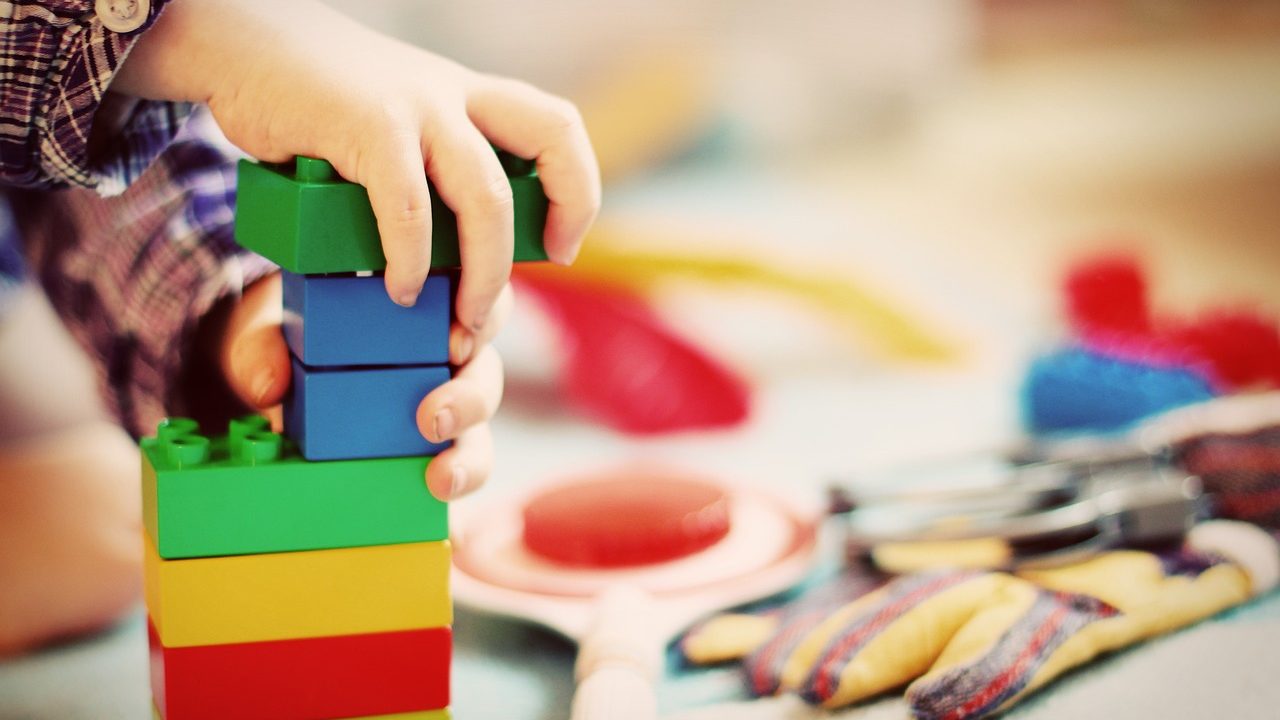6 Worst Mistakes Parents Make When Disciplining Children: Disciplining children is one of the most challenging aspects of parenting. The goal of discipline is to teach kids responsibility, self-control, and respect, but sometimes well-intentioned efforts can backfire. Many parents unknowingly make mistakes that can undermine their attempts at discipline, causing frustration and confusion for both themselves and their children. As the editor of StarAvis.com and a parent myself, I’ve observed some common pitfalls that parents face when it comes to discipline. Here are the six worst mistakes parents make when disciplining their children—and how to avoid them.
1. Inconsistent Discipline
Why It’s a Mistake:
Being inconsistent with discipline sends mixed messages to your child. One day you enforce a rule, but the next day you let it slide. This inconsistency confuses kids about what behavior is acceptable, making it difficult for them to learn boundaries.
How to Avoid It:
- Set clear, consistent rules and consequences that don’t change based on your mood or circumstances.
- Follow through with consequences every time a rule is broken, so your child understands the expectations.
- Ensure that all caregivers (parents, grandparents, babysitters) are on the same page regarding discipline.
Pro Tip: Establish house rules and review them regularly with your kids, ensuring that consequences for breaking them are well understood.

2. Disciplining in Anger
Why It’s a Mistake:
When you discipline in anger, your emotions can cloud your judgment, leading to harsher punishments than necessary. Reacting impulsively may also scare or confuse your child, focusing more on your anger than on the lesson you want to teach.
How to Avoid It:
- Take a moment to calm down before addressing your child’s behavior. Deep breaths or a quick time-out for yourself can help.
- Approach discipline from a place of teaching rather than punishment, making sure your child understands why their behavior was wrong and how to improve.
- Keep a neutral, firm tone when delivering consequences, without letting emotions take over.
Pro Tip: Practice the “pause and think” method—step away briefly before reacting, so you can respond thoughtfully rather than emotionally.

3. Overusing Harsh Punishments
Why It’s a Mistake:
Using harsh punishments, like yelling or physical discipline, might seem effective in the short term, but they can damage your relationship with your child and lead to fear rather than understanding. Kids may become resentful or even rebellious, and harsh punishments often fail to address the root cause of the behavior.
How to Avoid It:
- Focus on natural consequences that are directly related to the behavior. For example, if a child doesn’t clean up their toys, they lose playtime privileges.
- Use positive discipline strategies, such as time-outs, loss of privileges, or earning rewards for good behavior, to encourage better decision-making.
- Ensure that consequences are age-appropriate and reasonable.
Pro Tip: Reinforce positive behaviors by praising your child when they make good choices. Positive reinforcement is often more effective than punishment.

4. Not Explaining the “Why” Behind Rules
Why It’s a Mistake:
Simply telling a child “because I said so” doesn’t help them understand why a certain rule is important. Without an explanation, kids may follow rules out of fear or frustration, but they’re less likely to internalize the lesson and make thoughtful decisions in the future.
How to Avoid It:
- Explain the reasons behind rules and consequences. For example, instead of just saying “no running inside,” explain that it’s because someone could get hurt.
- Help your child see the connection between their actions and the consequences, so they learn to make safer, more responsible choices.
Pro Tip: Ask your child why they think the rule exists. This encourages critical thinking and helps them understand the purpose behind discipline.

5. Focusing Only on Negative Behavior
Why It’s a Mistake:
If you only address negative behavior, your child may feel like they’re constantly being punished, which can affect their self-esteem. This can also lead to attention-seeking behaviors, as they learn that bad behavior gets a reaction, even if it’s negative.
How to Avoid It:
- Balance discipline with positive reinforcement. Praise and reward your child when they follow rules or demonstrate good behavior.
- Make sure your child knows what they’re doing right, not just what they’re doing wrong. This helps them build confidence and encourages more positive actions.
Pro Tip: Use a “positive behavior chart” where your child can earn stickers or points for good behavior, leading to small rewards.
6. Expecting Immediate Change
Why It’s a Mistake:
Expecting kids to instantly change their behavior after one instance of discipline is unrealistic. Learning self-control and responsibility takes time, and kids need repeated reminders and consistent consequences to fully understand and internalize lessons.
How to Avoid It:
- Be patient. Understand that behavior change is a gradual process, and some behaviors may take longer to correct than others.
- Continue reinforcing rules and calmly delivering consequences, knowing that it may take several instances for your child to fully understand the expectations.
- Offer praise for progress, even if the change is slow.
Pro Tip: Break down big behavior changes into smaller, more manageable steps. Celebrate each small success to keep your child motivated.
6 Worst Mistakes Parents Make When Disciplining Children
Effective discipline is about teaching, not punishing. Avoiding these common mistakes can help you create a more positive, respectful, and productive relationship with your child. Consistency, clear communication, and empathy are key to helping your child develop self-control and understanding, leading to better long-term behavior. At StarAvis.com, we believe that with the right approach, discipline can be a valuable teaching tool that helps your child grow into a responsible and respectful adult.


